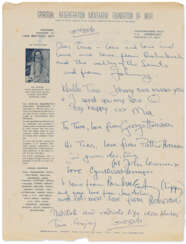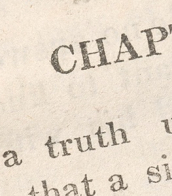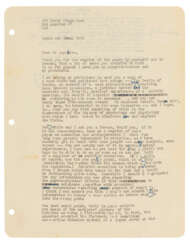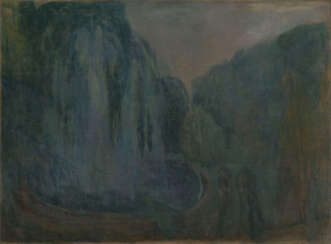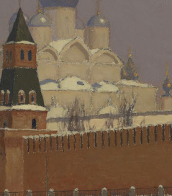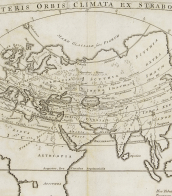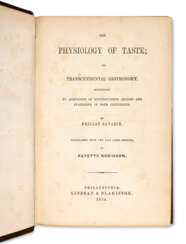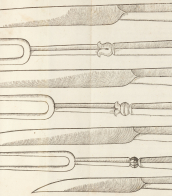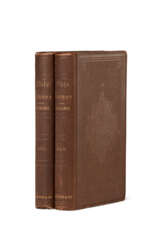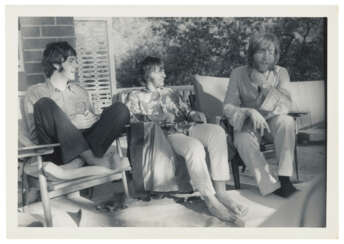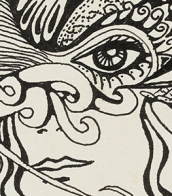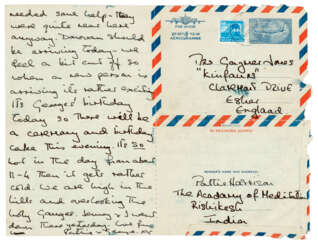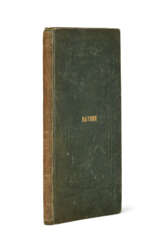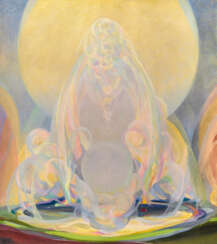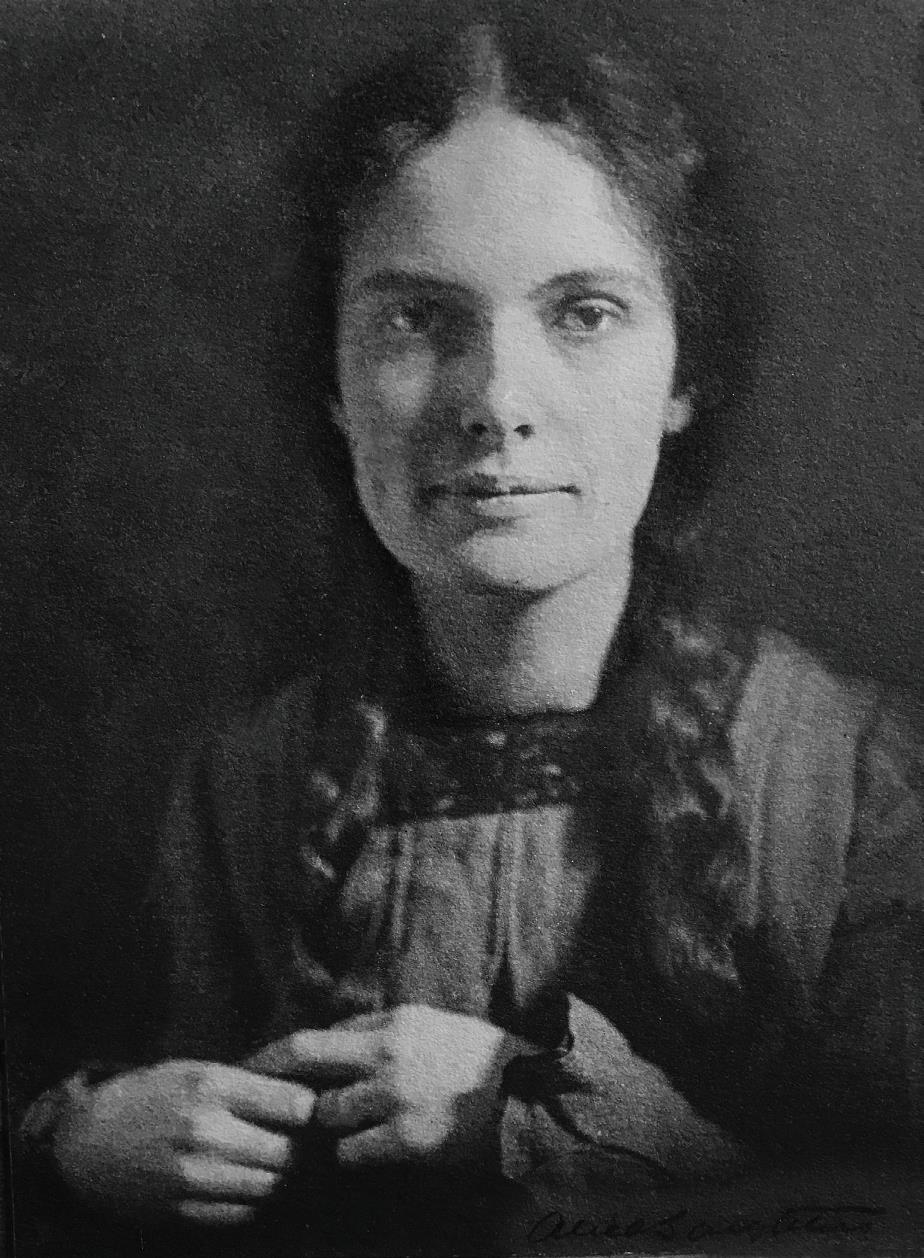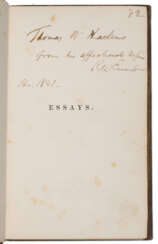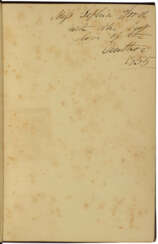transcendental
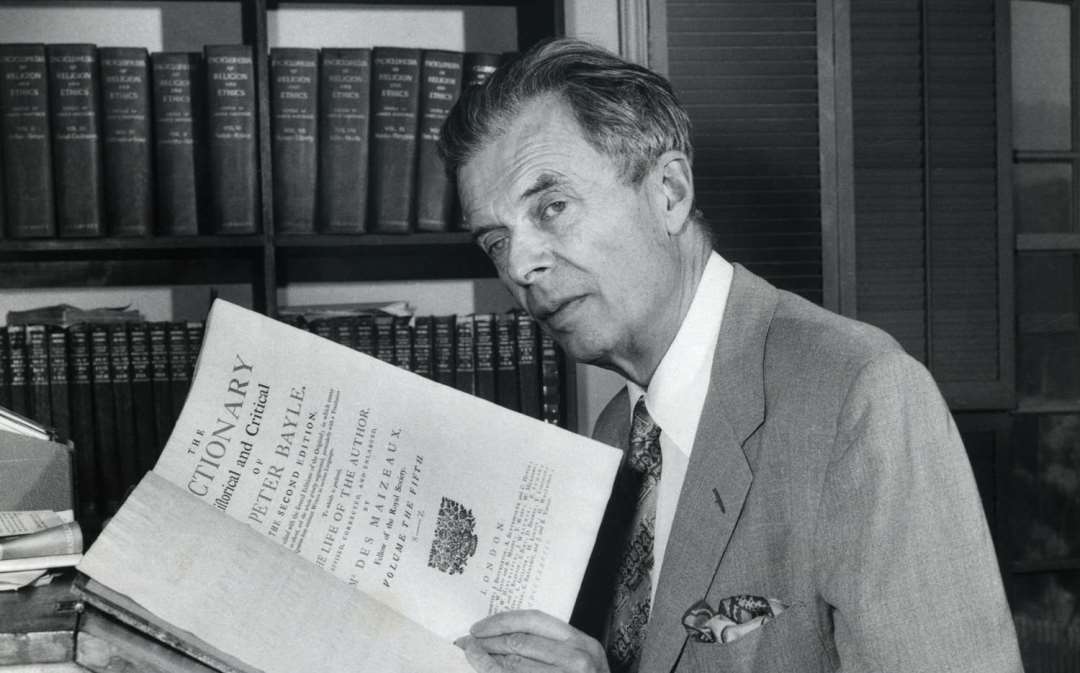

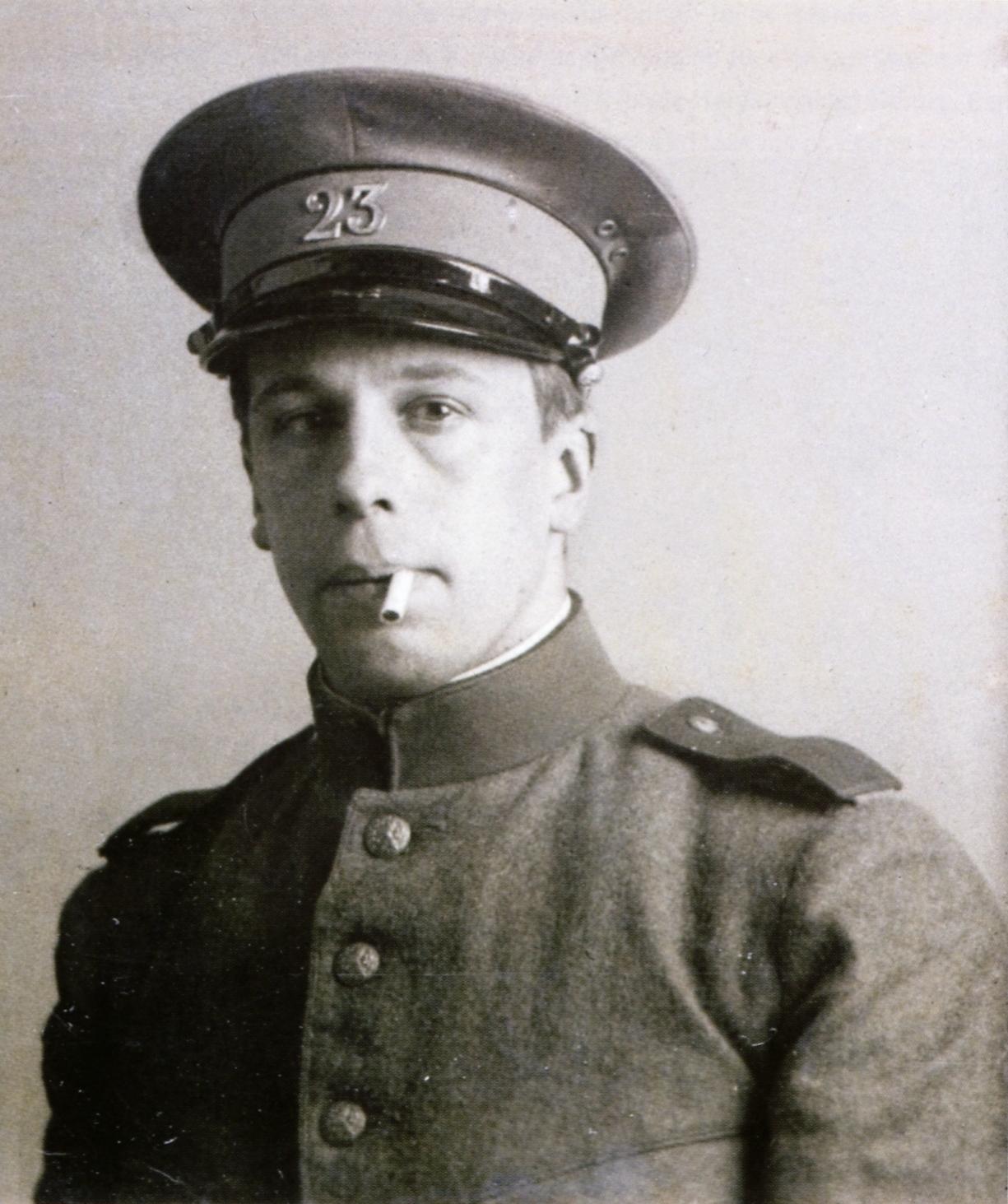
Theo van Doesburg, real name Christian Emil Marie Küpper, is a Dutch painter, architect and sculptor, art theorist, co-founder of the Style Group and of Neoplasticism.
Theo van Doesburg co-founded with Piet Mondrian the De Stijl abstract art movement. The basis of van Doesburg's views was the attempt to reduce all forms of objective harmony in a work of art to certain geometric elements. These new principles soon had a significant influence on the development of architecture, literature, graphics and music.

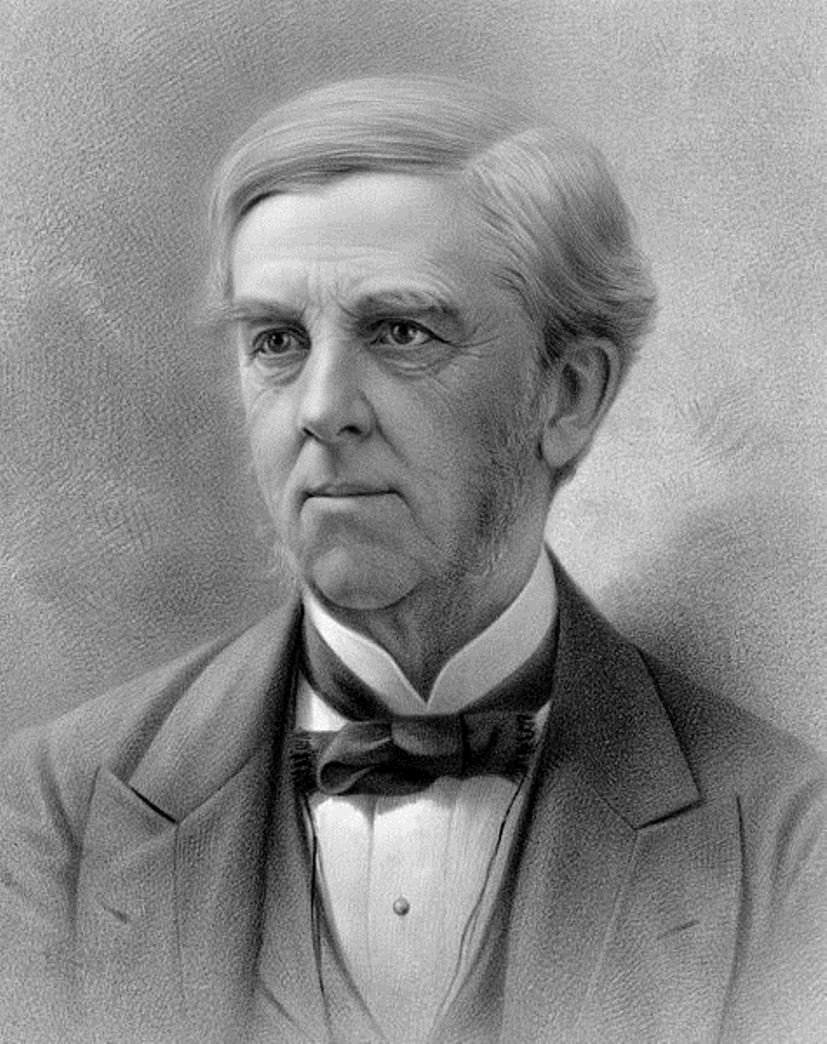
Oliver Wendell Holmes Sr. was an American physician, poet, and humor writer.
Holmes studied law at Harvard University, then medicine in Paris. He practiced medicine for 10 years, taught anatomy at Dartmouth College (Hanover, North Carolina) for two years, and became professor of anatomy and physiology at Harvard in 1847. He later became dean of Harvard Medical School and held that position until 1882. Holmes' most significant contribution to medicine was his research on the contagiousness of postpartum fever. In 1843, he published a treatise on the subject, The Infectiousness of Postpartum Fever. He also introduced the term anesthesia into scientific usage.
Today, Oliver Holmes is remembered as a gifted writer of the 19th century in the United States. Beginning in 1857, he published his "Breakfast at the Table" articles-essays in The Atlantic Monthly and later published several collections written in a conversational style, with Holmes's characteristic humor and wit. He also wrote several poems, three novels, and many poems and anecdotes.
Oliver Wendell Holmes was the father of lawyer Oliver Wendell Holmes, Jr. (1841-1935). According to some sources, he was the prototype of the detective Sherlock Holmes, the famous hero of writer Arthur Conan Doyle.
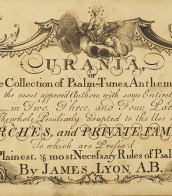
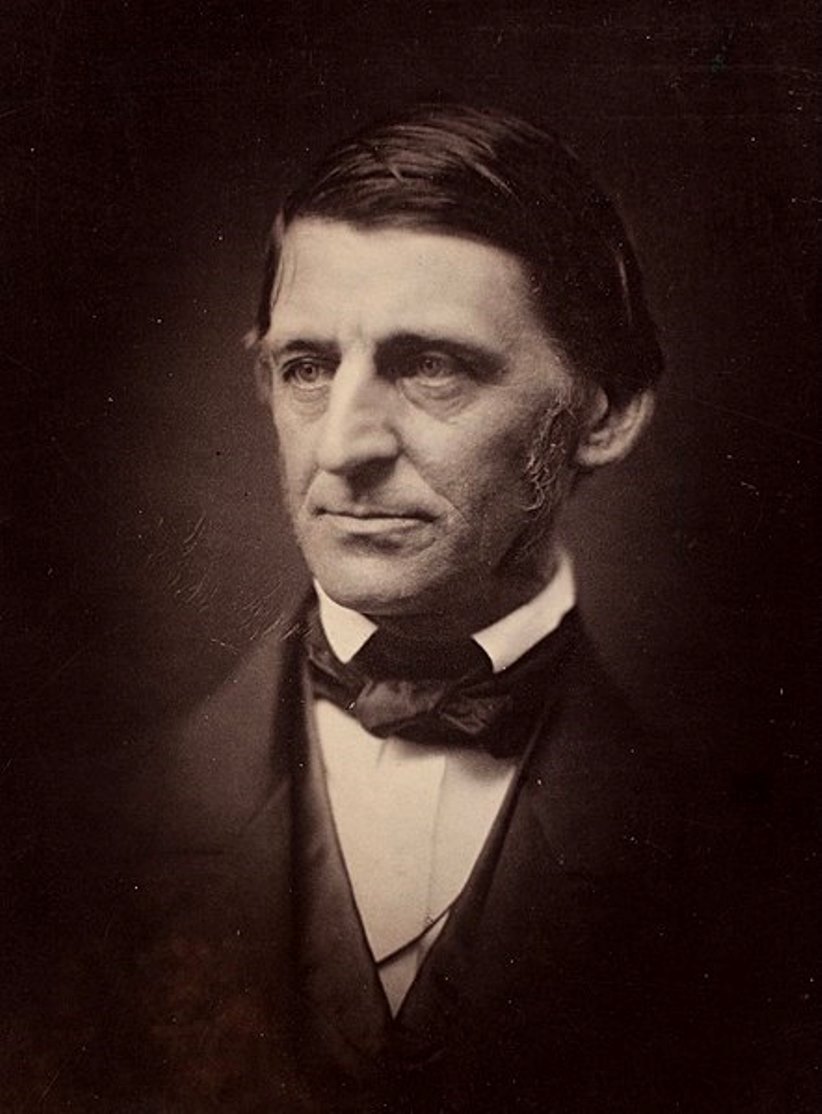
Ralph Waldo Emerson was an American philosopher, lecturer and poet, one of the most prominent thinkers and writers in the United States, and the originator of transcendentalism.
Ralph studied at Boston State Latin School and then at Harvard College (later Harvard University), began to preach, but soon doubted his chosen path and resigned his ministry. Emerson went to Europe, where new acquaintances and knowledge led him to new thoughts, and, returning to the United States in 1833, he began writing his famous book "Nature", where he first formulated a philosophy called transcendentalism. Soon other thinkers rallied around him, forming a group of like-minded thinkers.
In the essay "Nature," published in 1836, and in the following works, "The American Scholar" and "An Address in the School of Theology," Emerson consistently developed his ideas. Emerson's doctrine of the self-sufficiency and self-reliance of the individual stems from his view that a person need only look into his own heart to receive the spiritual guidance that has hitherto been the prerogative of the official churches. One must then have the courage to be oneself and trust the inner power within oneself, living one's life according to the commandments one has intuitively derived. These thoughts are not new, but Emerson put them in imaginative and accessible language.
Emerson's speeches led to his being ostracized at Harvard for many years. However, the informal Transcendental Club, founded in 1836, was joined and supported by his young students. The world fame of the brilliant thinker Emerson brought his "Essays" in two volumes, published in 1841 and 1844. As the main representative of transcendentalism, Emerson gave direction to the religious, philosophical and ethical movement, which above all emphasized belief in the spiritual potential of each person.
A later work of confession, The Conduct of Life (1860), demonstrates the author's developed humanism and full awareness of human limitations. The voluminous collection of poems cemented Emerson's reputation as a major American poet.

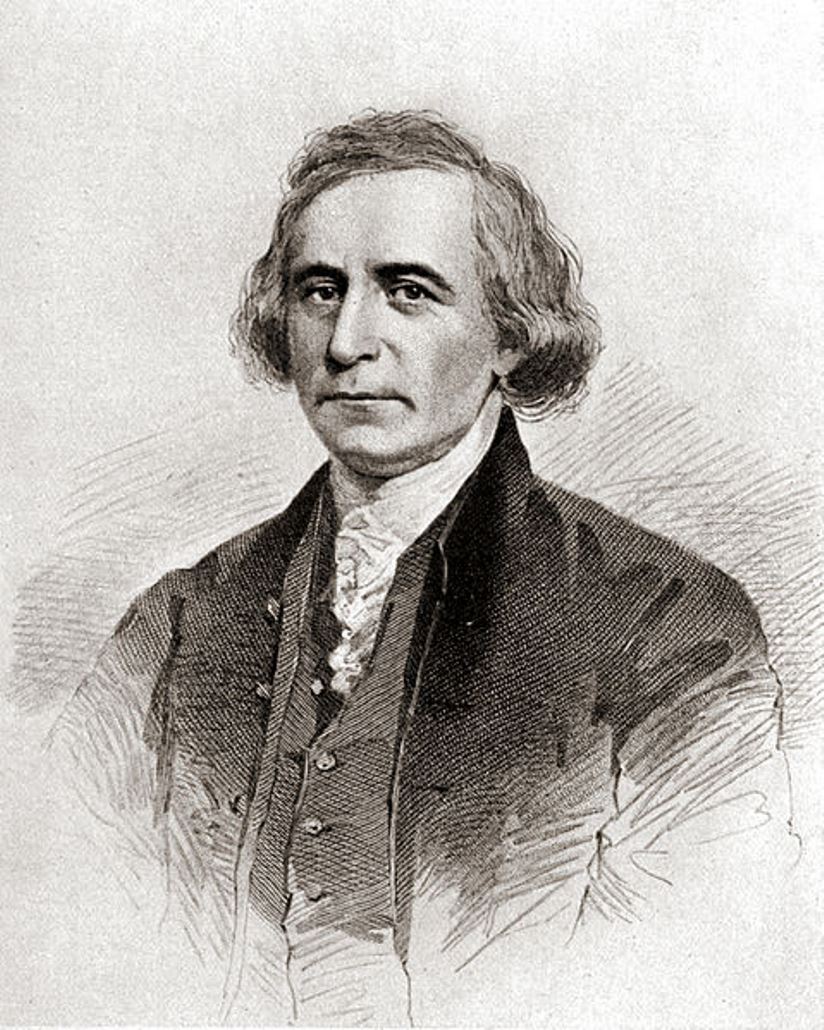
Philip Morin Freneau was an American publicist, editor, and known as the "poet of the American Revolution".
After graduating from Princeton University, Freneau taught school and studied to become a minister. With the outbreak of the American Revolution, he began writing scathing satire on the British and the Tories. During a two-year voyage to the Caribbean islands, he created the poems "The Beauties of Santa Cruz" and "The House of Night," and in 1778 he became involved in the war. After his release from British captivity, Freneau wrote a book in verse, "The British Prison Ship" (1781).
After serving as a sea captain for several years, Freneau took up journalism. In his National Gazette newspaper in Philadelphia, he sharply criticized George Washington.
Freneau's poetry, which accompanied him throughout his life, covers a variety of subjects, including political situations, American Indians, nature, the sea, and naval battles. His political poems are often satirical, but his nature poems are very lyrical.


Ralph Waldo Emerson was an American philosopher, lecturer and poet, one of the most prominent thinkers and writers in the United States, and the originator of transcendentalism.
Ralph studied at Boston State Latin School and then at Harvard College (later Harvard University), began to preach, but soon doubted his chosen path and resigned his ministry. Emerson went to Europe, where new acquaintances and knowledge led him to new thoughts, and, returning to the United States in 1833, he began writing his famous book "Nature", where he first formulated a philosophy called transcendentalism. Soon other thinkers rallied around him, forming a group of like-minded thinkers.
In the essay "Nature," published in 1836, and in the following works, "The American Scholar" and "An Address in the School of Theology," Emerson consistently developed his ideas. Emerson's doctrine of the self-sufficiency and self-reliance of the individual stems from his view that a person need only look into his own heart to receive the spiritual guidance that has hitherto been the prerogative of the official churches. One must then have the courage to be oneself and trust the inner power within oneself, living one's life according to the commandments one has intuitively derived. These thoughts are not new, but Emerson put them in imaginative and accessible language.
Emerson's speeches led to his being ostracized at Harvard for many years. However, the informal Transcendental Club, founded in 1836, was joined and supported by his young students. The world fame of the brilliant thinker Emerson brought his "Essays" in two volumes, published in 1841 and 1844. As the main representative of transcendentalism, Emerson gave direction to the religious, philosophical and ethical movement, which above all emphasized belief in the spiritual potential of each person.
A later work of confession, The Conduct of Life (1860), demonstrates the author's developed humanism and full awareness of human limitations. The voluminous collection of poems cemented Emerson's reputation as a major American poet.


Ralph Waldo Emerson was an American philosopher, lecturer and poet, one of the most prominent thinkers and writers in the United States, and the originator of transcendentalism.
Ralph studied at Boston State Latin School and then at Harvard College (later Harvard University), began to preach, but soon doubted his chosen path and resigned his ministry. Emerson went to Europe, where new acquaintances and knowledge led him to new thoughts, and, returning to the United States in 1833, he began writing his famous book "Nature", where he first formulated a philosophy called transcendentalism. Soon other thinkers rallied around him, forming a group of like-minded thinkers.
In the essay "Nature," published in 1836, and in the following works, "The American Scholar" and "An Address in the School of Theology," Emerson consistently developed his ideas. Emerson's doctrine of the self-sufficiency and self-reliance of the individual stems from his view that a person need only look into his own heart to receive the spiritual guidance that has hitherto been the prerogative of the official churches. One must then have the courage to be oneself and trust the inner power within oneself, living one's life according to the commandments one has intuitively derived. These thoughts are not new, but Emerson put them in imaginative and accessible language.
Emerson's speeches led to his being ostracized at Harvard for many years. However, the informal Transcendental Club, founded in 1836, was joined and supported by his young students. The world fame of the brilliant thinker Emerson brought his "Essays" in two volumes, published in 1841 and 1844. As the main representative of transcendentalism, Emerson gave direction to the religious, philosophical and ethical movement, which above all emphasized belief in the spiritual potential of each person.
A later work of confession, The Conduct of Life (1860), demonstrates the author's developed humanism and full awareness of human limitations. The voluminous collection of poems cemented Emerson's reputation as a major American poet.

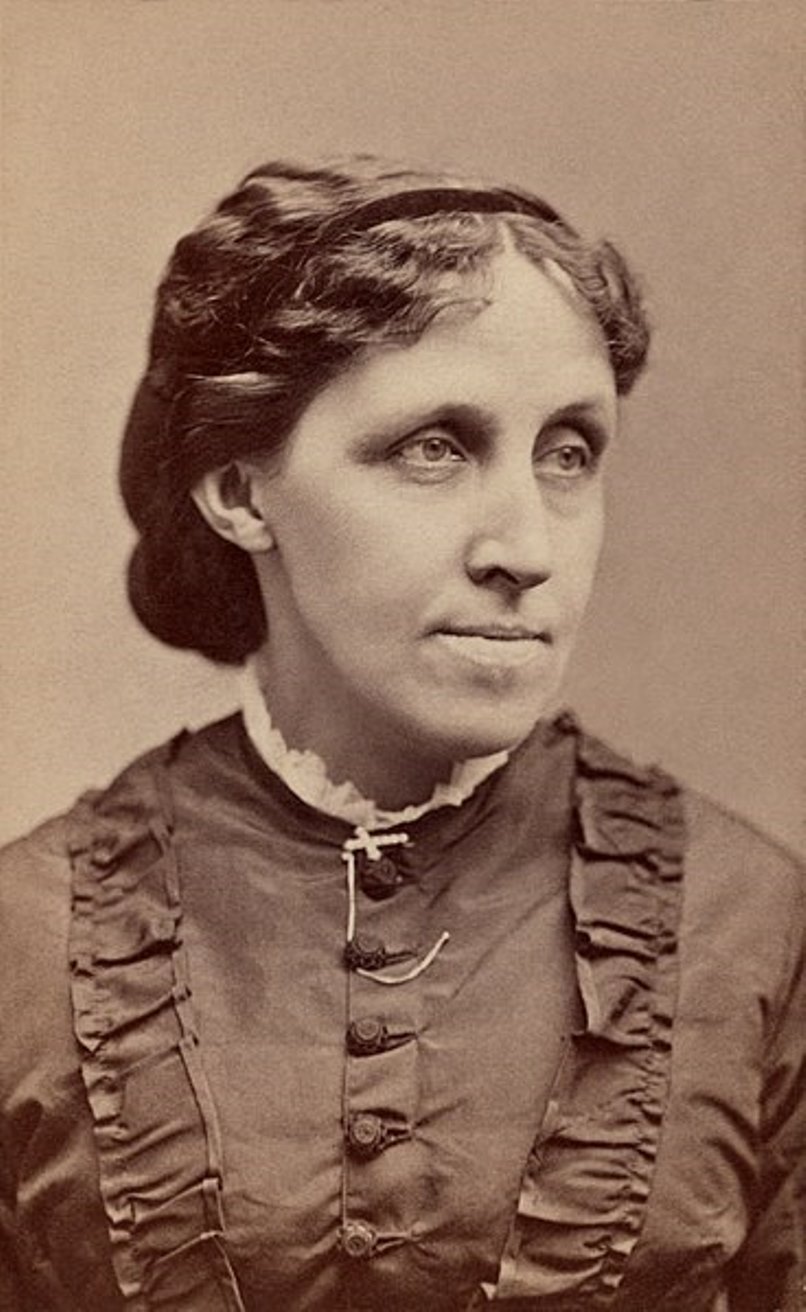
Louisa May Alcott was a 19th-century American writer.
Louisa, the daughter of transcendentalist Bronson Alcott, grew up in the company of Ralph Waldo Emerson, Theodore Parker, and Henry David Thoreau. Her education was largely under the guidance of her father, who, however, did not know how to properly provide for the family.
Louisa was forced to begin writing short stories and publishing in The Atlantic Monthly magazine. It could be said that need forced her to write an autobiographical book, Little Women (1868-69), which immediately became so popular that Louisa was finally able to pay off her debts. The book describes the domestic adventures of an optimistic New England family of modest means, tracing the different characters and destinies of four sisters as they grow up and face work, society, and marriage.
Alcott published sequels to the book, Little Men (1871) and Joe's Boys and What Came of Them (1886). There have been numerous films based on Little Women already in the 20th century, including the classic 1933 film starring Katharine Hepburn as Joe and the 2019 Greta Gerwig adaptation.
Alcott wrote other domestic stories based on her early experiences, and her books for younger children remain enduringly popular. Already in the 21st century, the gothic short stories and thrillers published by Alcott under a pseudonym between 1863 and 1869 have been collected and reprinted.

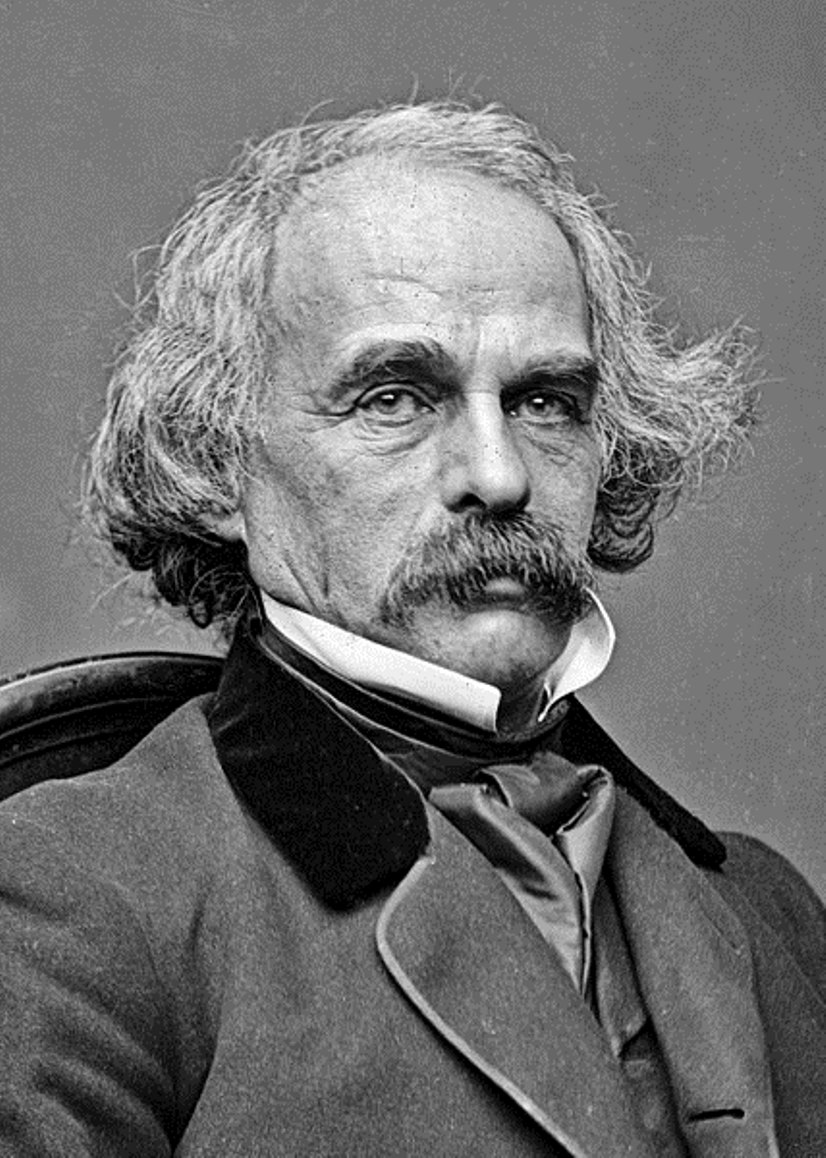
Nathaniel Hawthorne is an American writer and author.
Hawthorne is a recognized short story writer and a master of allegorical and symbolic narrative. One of the first fiction writers in American literature, he is best known for his works The Scarlet Letter (1850) and The House of Seven Gables (1851). Hawthorne's artistic works are considered part of the American Romantic movement and, in particular, of so-called dark Romanticism, a popular mid-19th-century fascination with the irrational, the demonic, and the grotesque.

